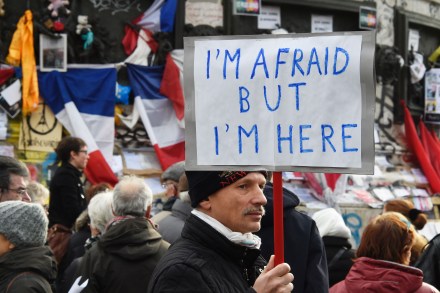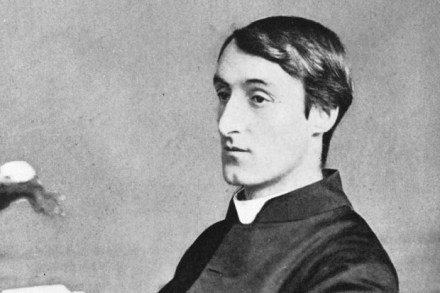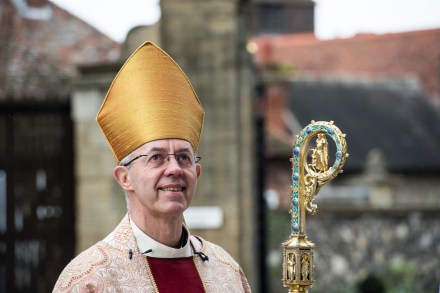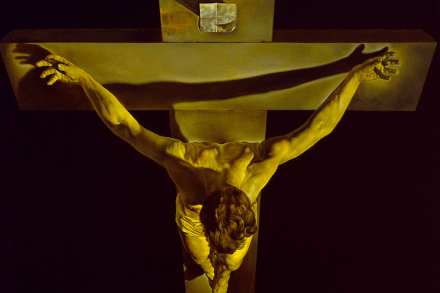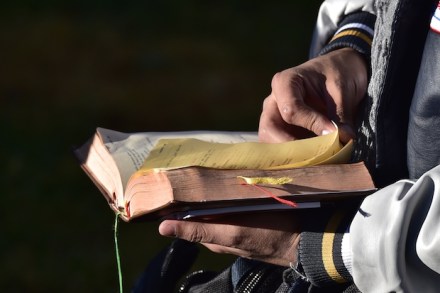Britain is losing its religion, but nobody seems that bothered
This evening, if you have time and are around central London, there is an interesting lecture at the British Academy by the admirable sociologist of religion, Linda Woodhead, whose book with Andrew Brown on the CofE, The Church We Left Behind, is as depressing as it is largely to the point. The title is ‘Why No Religion is the New Religion’, and that is pretty much the size of it: the default identity of Brits is no longer reflexively CofE, but not-religious. (Actually, I am a Catholic of sectarian bent but I would personally hesitate to describe myself as religious, on the basis it is a bit of a self-regarding



